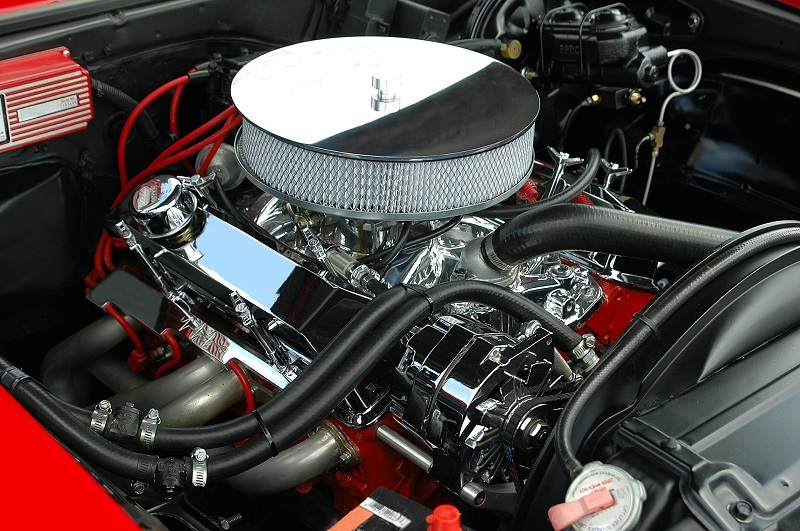5 Reasons your Check Engine Light is On
Every car has a dashboard that is filled with lights that act as notifications of things on your car that may need to be fixed. Most of the lights tell you exactly what the problem is like low air in tires or the need to change your oil. But there is one light that is far less specific and often the cause of some confusion, the check engine light. There are reasons your check engine light is on but it doesn’t tell you specifically what the problem is so, how do you know what to fix?
There are many different reasons your check engine light is on and it is important to know the main reasons it could come on. When your check engine light is on, it could be a number of things and the only way to find out for sure is to take your car to a professional. However, there are a few things that are more common than others that trigger that light. Some causes could be fixed with the simple twist of one thing and some things require major work which is why the check engine light can be so scary. If you are familiar with the inner workings of your vehicle, you may be able to check the top engine light causes on your own but if not, a professional will be the best bet.
5 Reasons your Check Engine Light is On
If your check engine light is on, the first thing you will want to do is check the gas cap. Often times, newer cars have sensors inside the gas cap that alert you if the gas cap is not on correctly or at all. The alert comes in the form of the check engine light. Sometimes, all you need to do is check your gas cap and the light will clear but if not, that means it could be something more time-consuming.
Reasons your Check Engine Light is On | Spark Plugs
In order for your engine to spark the fuel and air mixture in your engine which is an integral part of the process to get you moving, spark plugs need to produce sparks. Luckily, there are a few things you can look for in conjunction with your check engine light that can help you figure out if your spark plugs need to be changed. Firstly, your car will have a rough time starting, a rough idle, you’ll lose gas faster, and your car won’t accelerate as well as it once did. If these things are happening and your check engine light is on, you may want to start with checking your spark plugs.
Reasons your Check Engine Light is On | Exhaust System
Your exhaust system helps keep clean air running through your engine and removes dirty air from the space. But if unburned fuel gets into your exhaust system it could cause issues with your catalytic converter. This part turns the carbon monoxide generated from your engine into carbon dioxide and can often be replaced for anywhere between $200 to $600. However, not everyone wants to spend that much on a part. The best way to make sure this doesn’t happen is to get oil changes regularly and make sure your spark plugs are working properly. One way to tell it is too late is if the smoke that comes from your exhaust is discolored, you may have a problem with your exhaust system and the catalytic converter.
Reasons your Check Engine Light is On | Mass Airflow
The mass airflow system of your car is another sensor that makes sure air is flowing into your engine. The mass airflow sensor or MAF could be malfunctioning and this makes it hard for your car to adjust to higher altitudes. Unfortunately, the other alerts you will have are similar to those you would get from bad spark plugs like trouble starting, rough idle, and reduced gas mileage. But another thing you may notice is that your gas pedal has changed position making it so you need to press harder on your gas pedal. This part usually costs around $120 to $150 so not too bad but still a problem that needs to be addressed.
Reasons your Check Engine Light is On | O2 Sensor
The O2 sensor is a sensor that measures the amount of oxygen in your car’s exhaust system that hasn’t been burnt. This sensor allows your car to adjust the amount of air that comes into your engine so that the mixture of fuel and air is just right for the spark plugs to spark properly. While a bad O2 sensor wouldn’t stop your car from running it will make it so you burn through more fuel, faster. If left unfixed, however, a bad O2 sensor could lead to damaged spark plugs, which in turn leads to a damaged catalytic converter.






2 Comments